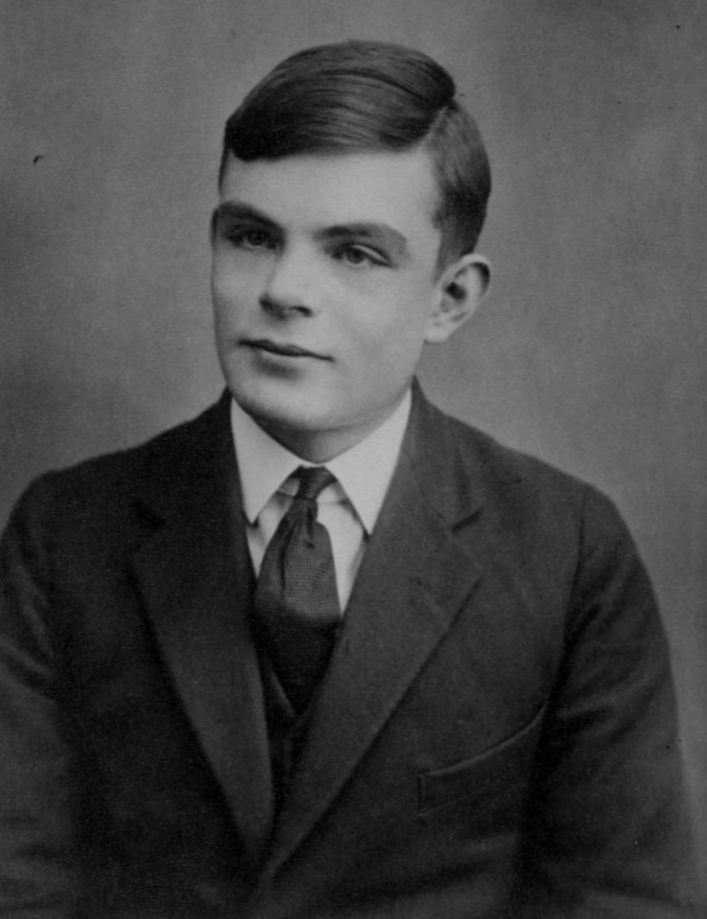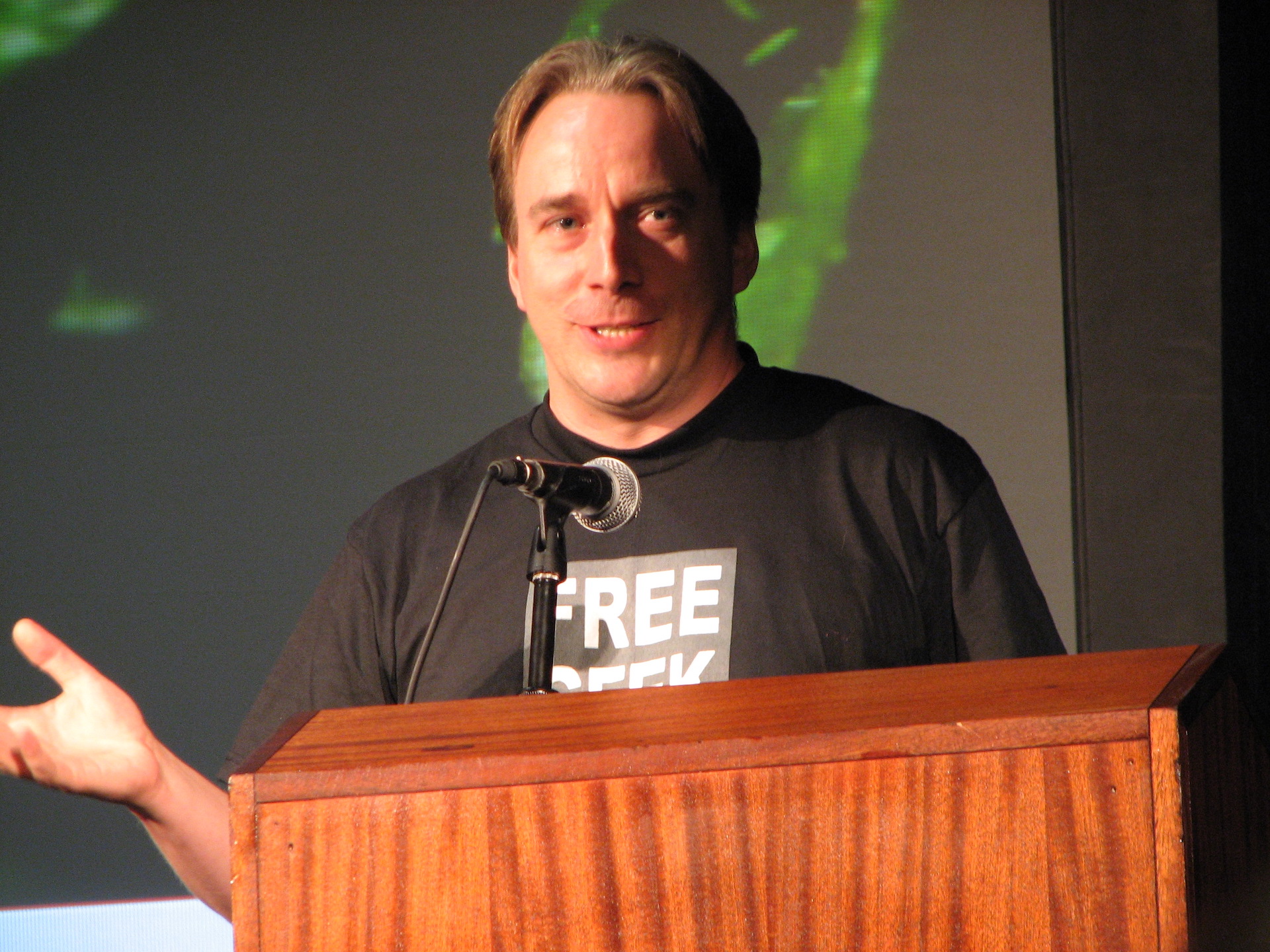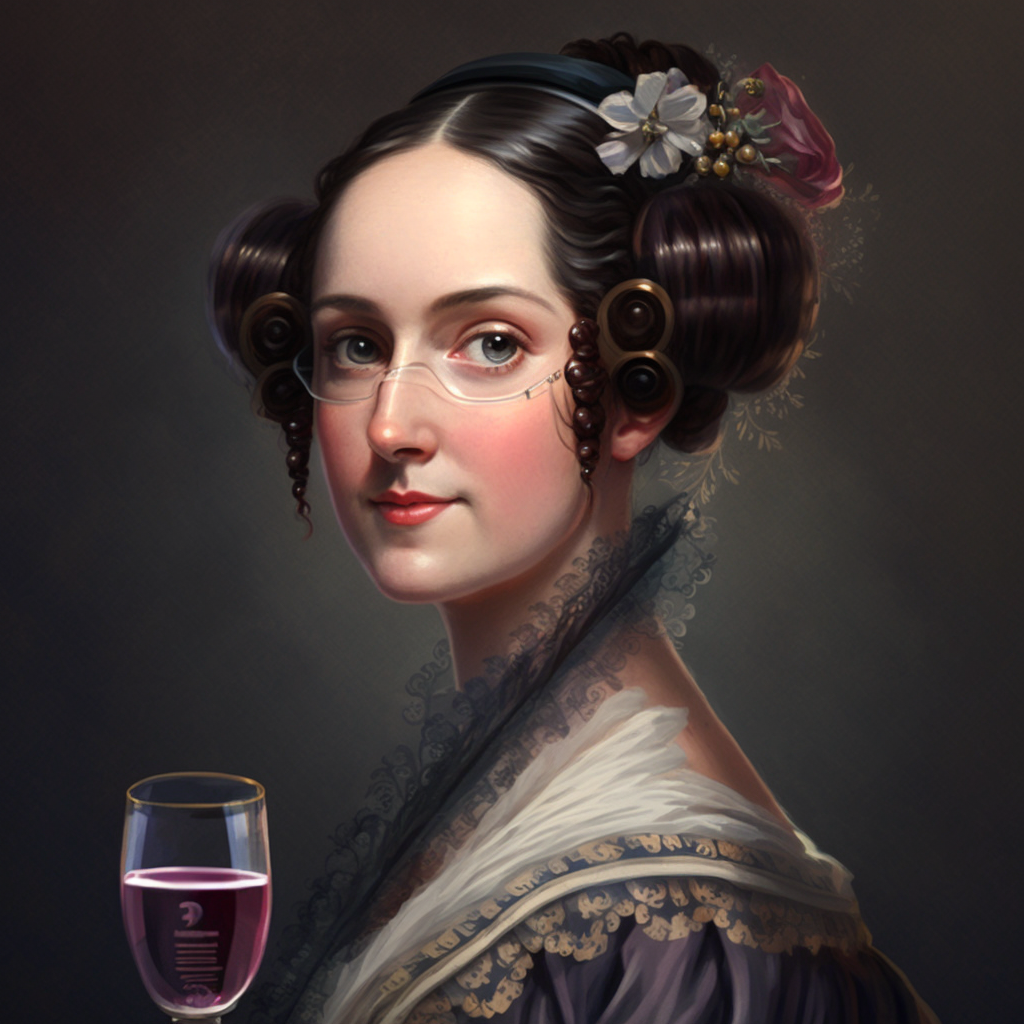
Who is Alan Turing?
Alan Turing was a British mathematician and computer scientist whose work laid the foundation for modern computing. He is best known for his code-breaking efforts during World War II, but his contributions to the development of computing and artificial intelligence were no less significant.
Turing was born in London in 1912 and showed an early aptitude for mathematics. He went on to study at King’s College, Cambridge, where he developed a deep interest in the foundations of mathematics and logic. After graduating, he joined the Government Code and Cypher School, where he worked on breaking the German Enigma code during World War II.
Turing’s work on the Enigma code was groundbreaking. He developed a machine called the “Bombe” that could break the code faster and more efficiently than any previous method. His contributions to the war effort were invaluable, and it is estimated that his work may have shortened the war by up to two years.
After the war, Turing turned his attention to the development of computers. He was interested in the idea of a universal machine that could carry out any computation that could be expressed in a series of logical steps. He proposed a theoretical model of such a machine, now known as the “Turing machine,” which has become a foundational concept in computer science.
Turing also made significant contributions to the development of artificial intelligence. He proposed a test, now known as the “Turing test,” to determine whether a machine can exhibit intelligent behavior equivalent to, or indistinguishable from, that of a human. This idea has been hugely influential in the field of AI and has helped to shape the way we think about the relationship between machines and humans.
Despite his groundbreaking work, Turing’s life was not without tragedy. In 1952, he was convicted of homosexuality, then illegal in the UK, and sentenced to chemical castration. He tragically died two years later, in what was ruled a suicide. It was not until 2009 that the British government officially apologized for Turing’s treatment, and in 2013, Queen Elizabeth II granted him a posthumous royal pardon.
Alan Turing was a true pioneer in the world of computing and artificial intelligence. His code-breaking efforts during World War II, his theoretical work on the Turing machine, and his ideas about the relationship between machines and humans have had a profound impact on the development of modern computing. Although his life was cut tragically short, his contributions to the field continue to inspire and inform researchers to this day.
Photo By: Brandon Montoya


